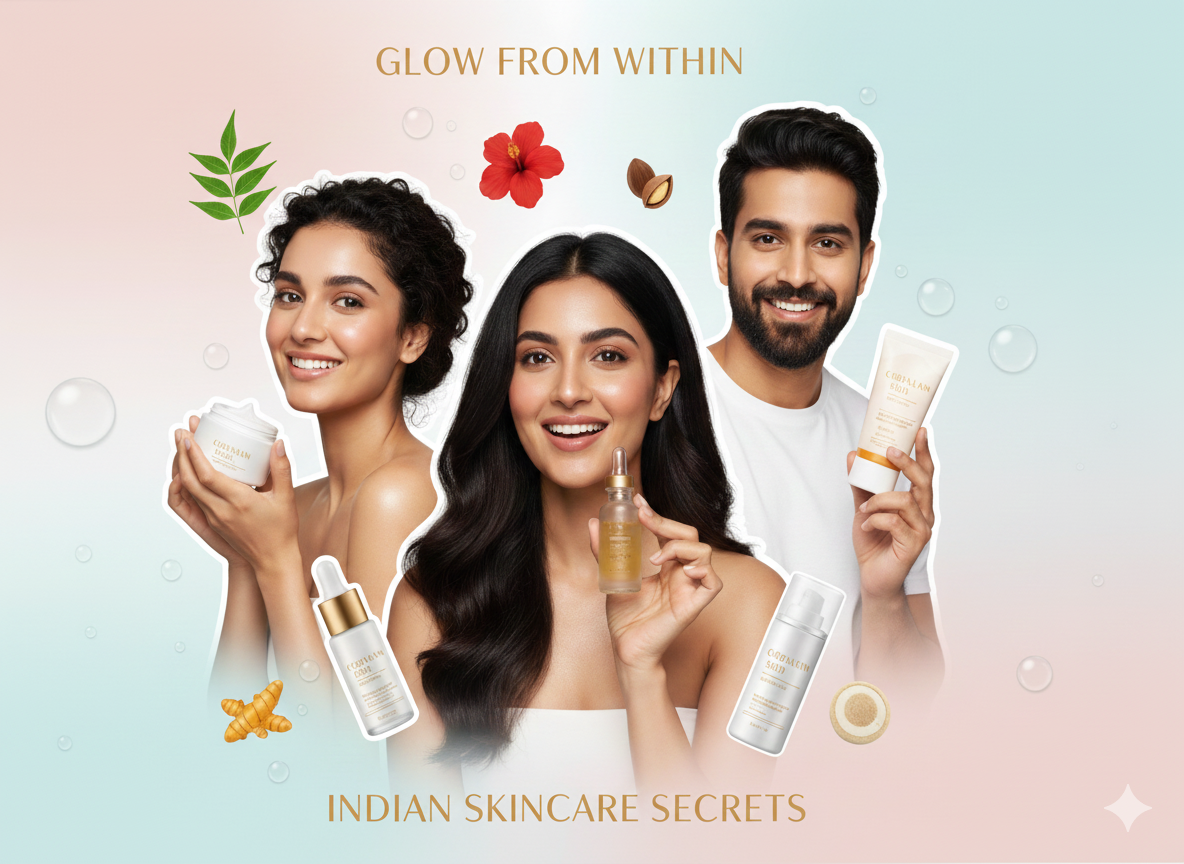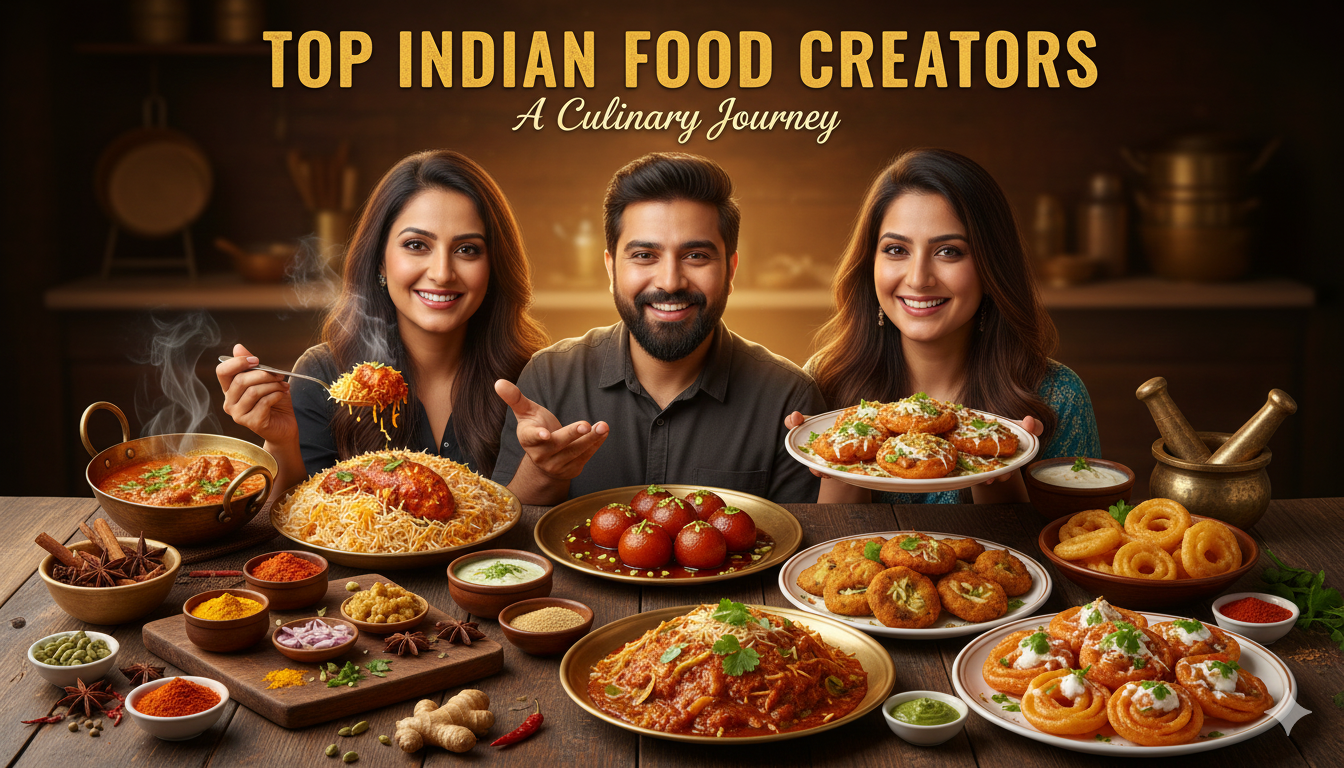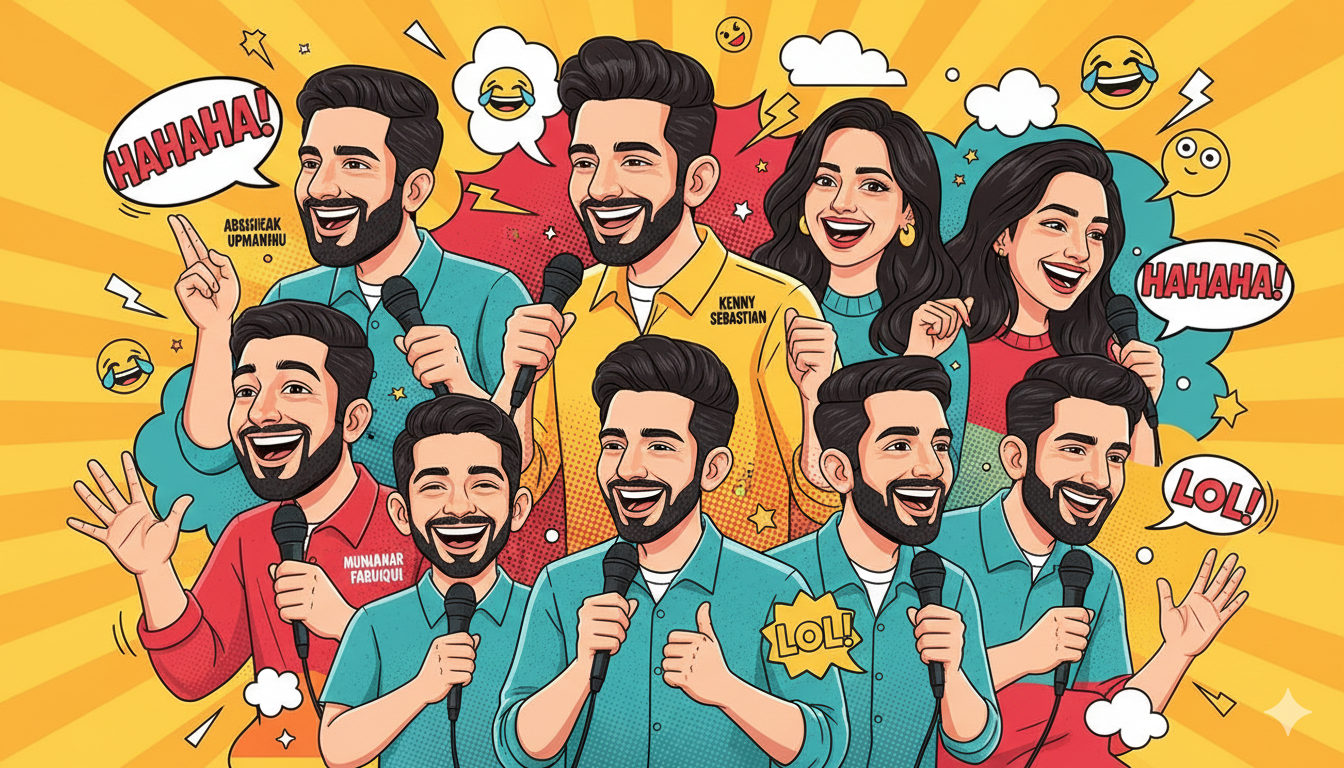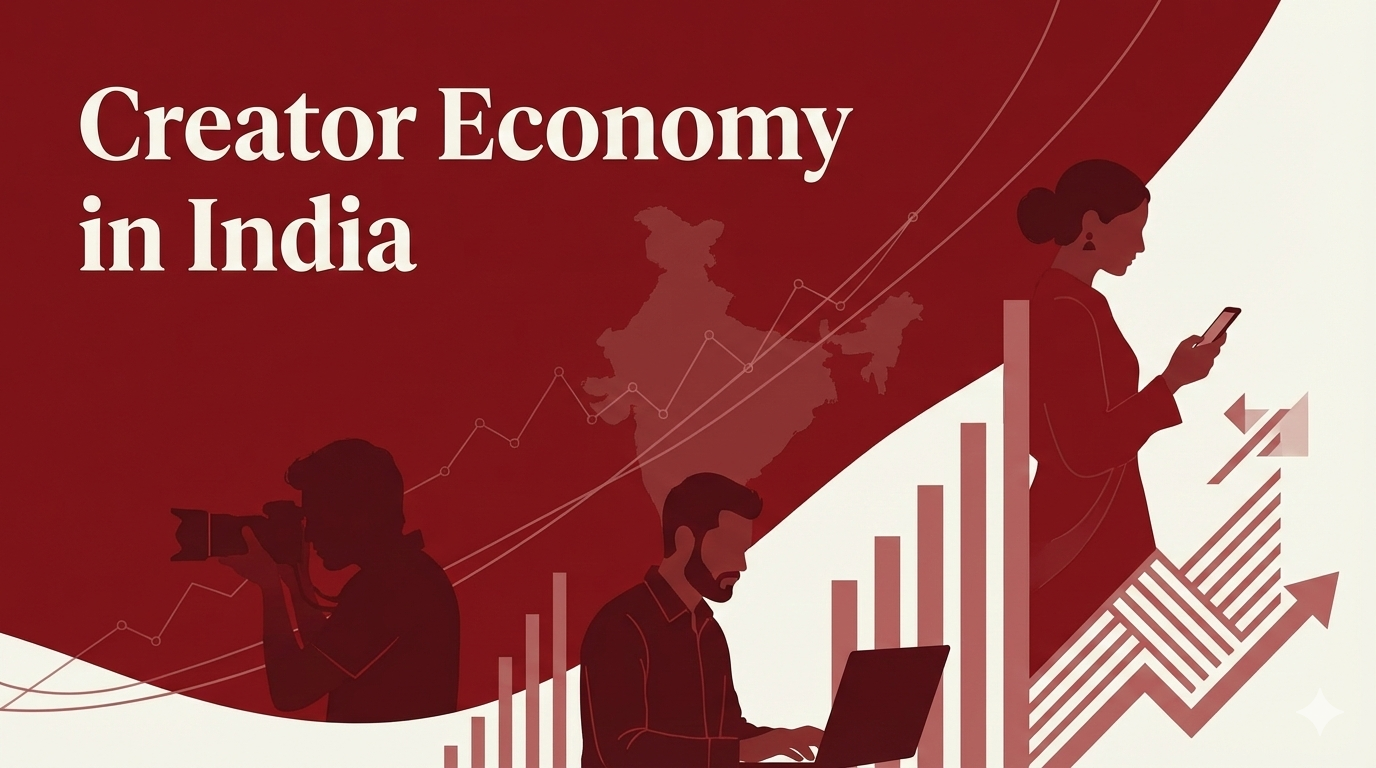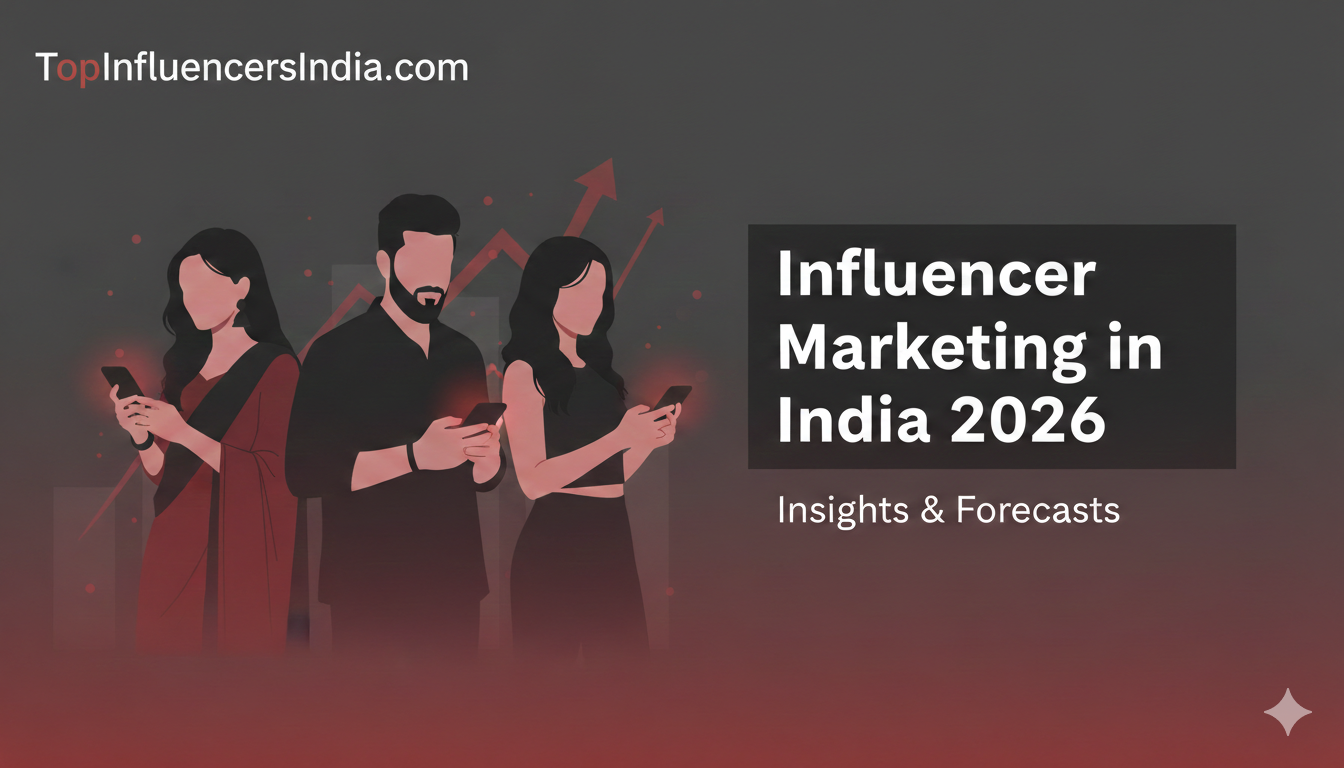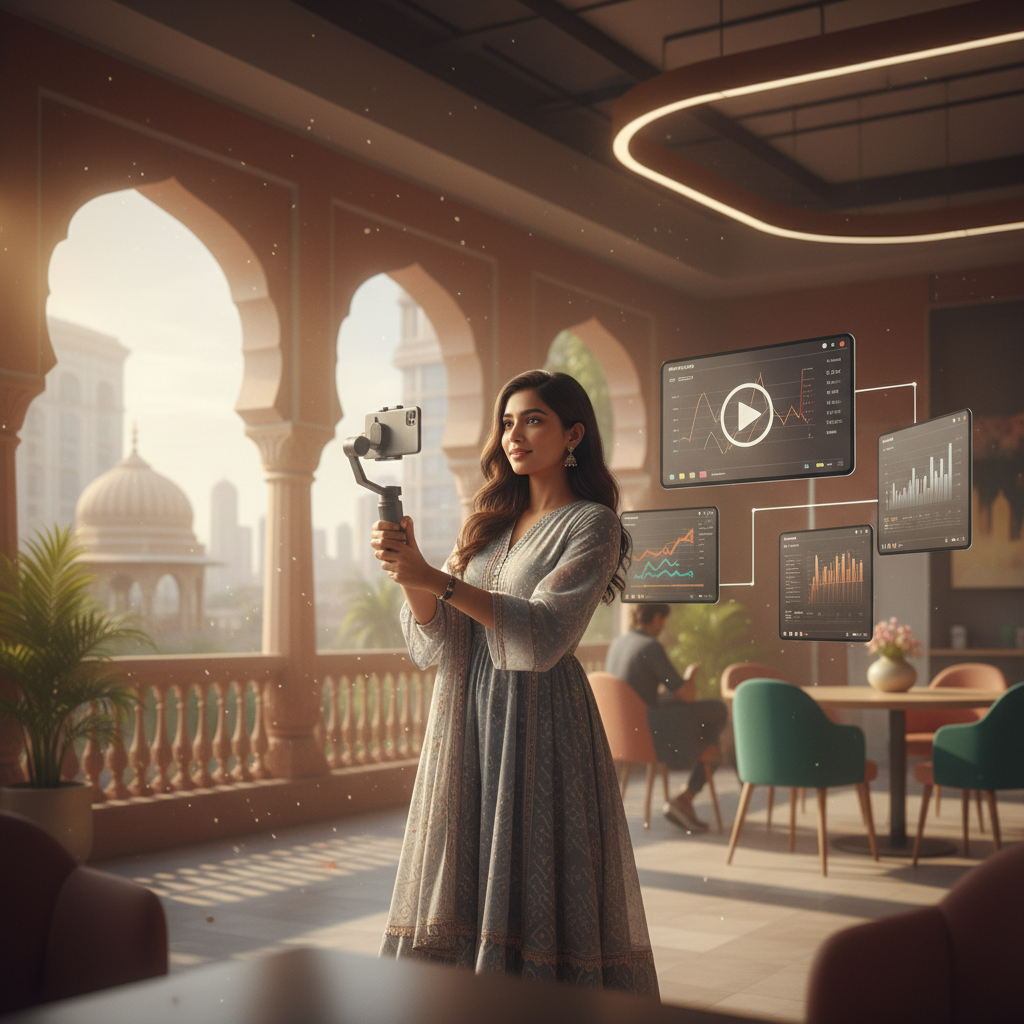In the age of Instagram Reels, YouTube Shorts, and viral WhatsApp forwards, health influencers in India are shaping the way millions perceive wellness, fitness, and even medicine. From turmeric lattes to intermittent fasting, the advice from these “influencers” often travels faster than verified scientific research. While some bring value to the public discourse, others intentionally or not spread misinformation that can prove harmful.
This evolving space raises a crucial question: Can we trust India’s health influencers, or are we being misled in the name of wellness?
The Rise of Health Influencers in India
Over the past few years, India has seen a sharp surge in wellness content across platforms like YouTube, Instagram, and WhatsApp. Influencers like Luke Coutinho, Rujuta Diwekar, and others have gained large followings by sharing practical tips on diet, exercise, and mental wellness.
Their appeal lies in simplicity: instead of overwhelming audiences with complex medical jargon, they offer “desi” remedies natural foods, Ayurvedic routines, yoga, and lifestyle hacks that resonate deeply with Indian cultural values.
But this simplicity often comes at the cost of scientific accuracy.
The WhatsApp University Effect
Coined jokingly but now a serious concern, “WhatsApp University” refers to the flood of unchecked health advice shared through WhatsApp forwards. From drinking warm water every 15 minutes to prevent COVID-19 to detox diets that “cleanse the liver,” the platform has become a breeding ground for health misinformation.
While not all influencers are to blame, many ride the wave of viral popularity without validating claims through medical experts or scientific studies. This not only confuses people but also risks public health especially during critical times like the pandemic.
Real Danger: Misinformation Disguised as Wellness
What makes misinformation dangerous is how it’s disguised as wisdom. A relatable influencer talking about “natural immunity boosters” sounds harmless until that advice stops someone from taking essential vaccines or medications.
According to fact-checkers cited in ThePrint, many health-related claims go unchecked because platforms like Instagram and YouTube lack robust content moderation for regional languages. This loophole allows pseudo-scientific advice to flourish unchecked, especially in Tier 2 and Tier 3 cities where access to medical experts may already be limited.
Fact-Checkers to the Rescue
Fortunately, organizations like Alt News, BOOM Live, and Factly are stepping up to verify viral health claims. These fact-checkers often investigate influencer content and forward chains, debunking myths with scientific reasoning and expert opinions.
The challenge, however, lies in reach. A health tip by a mega-influencer with 1 million followers can go viral in hours. But a fact-check rebuttal may barely get a fraction of that engagement. This creates a misinformation imbalance in India’s health ecosystem.
Why This Matters: Public Health at Risk
Misinformation isn’t just a content problem it’s a public health issue. India has already faced the consequences, from vaccine hesitancy to panic-buying of unverified supplements. When influential figures promote fad diets, miracle cures, or unregulated supplements, the risk extends far beyond social media metrics.
The Need for Medical Accountability
There is a growing demand for influencers to disclose qualifications and source their advice from verified medical professionals. Platforms like YouTube and Instagram must also implement stricter verification for health content similar to the blue tick system for official pages.
Brands, too, must be held accountable. Wellness brands often collaborate with influencers who make unverified claims about their products. This not only misleads consumers but also damages trust in the entire wellness industry.
Influencer Responsibility: Credibility Over Virality
With great reach comes great responsibility. Health influencers must understand the weight of their words. Even seemingly harmless content can shape behaviours especially in a country like India where digital literacy is still evolving.
More creators are now consulting certified nutritionists and doctors before making health-related claims. Some have even begun to cite research and include disclaimers in their videos. This shift, though small, is a positive step toward credibility.
Conclusion: Healing the Health Misinformation Epidemic
As health and wellness continue to be hot topics online, India needs a balance between traditional wisdom and scientific validity. Influencers have the power to inspire healthier lifestyles—but only if they pair their passion with responsibility.
The future of digital wellness in India lies in credible content, transparent practices, and collaborative efforts between creators, medical professionals, platforms, and fact-checkers.

